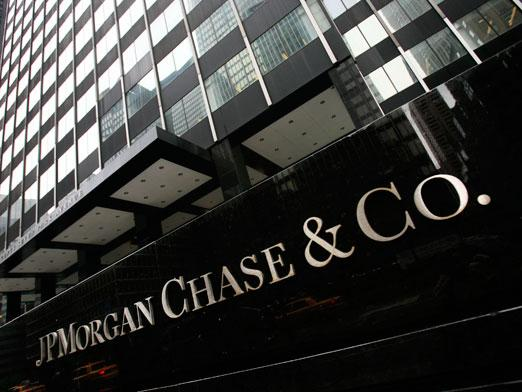 Top Class Action Lawsuits
Top Class Action Lawsuits
Target targeted, by a computer virus and now a class action lawsuit. In case you hadn’t heard—the US’s second largest retailer got hit with a massive data breach just before Christmas—which latest reports indicate could affect as many as 70 million customer’s credit and debit cards.
Filed in California federal court by lead plaintiff Lisa Purcell (“Plaintiff”), the Target lawsuit seeks to represent all those similarly situated to obtain damages, restitution and injunctive relief for the Class. “The information Target lost, including Plaintiff’s identifying information and other financial information, is extremely valuable to thieves. As the Federal Trade Commission (“FTC”) recognizes, once identity thieves have personal information, they can drain your bank account, run up your credit cards, open new utility accounts, or get medical treatment on your health insurance,” the lawsuit states.
According to a statement issued by Target, the so-called track data was stolen in real time as payment cards were swiped in its stores between November 27, the day before Thanksgiving, and December 15.
The Target lawsuit states “Investigators believe the data was obtained via software installed on machines that customers use to swipe magnetic strips on their cards when paying for merchandise at Target stores.” And “The thieves may also have accessed PIN numbers for affected customers’ debit cards, allowing the thieves to withdraw money from those customers’ bank accounts. Thieves could not have accessed this information and installed the software on Target’s point-of-sale machines but for Target’s negligence, and that Target failed to implement and maintain reasonable security procedures and practices appropriate to the nature and scope of the information compromised in the data breach.”
Among the allegations is the clam that Target was negligent in its failure to implement and maintain reasonable security procedures and practices appropriate to the nature and scope of the information compromised in the data breach. Further, “Target unreasonably delayed informing anyone about the breach of security of Class Members’ confidential and personal information after Target knew the data breach had occurred,” the lawsuit states.
FYI—investigations into the breach are reportedly underway by the US Secret Service and two states’ attorneys general.
Carfax taking some Flak. An antitrust class action lawsuit has been filed against Carfax, alleging the company impairs competition through its exclusive and illegal alliances with Autotrader.com, and Cars.com, as well as with the majority of the automobile manufacturers’ certified pre-owned programs. The lawsuit further alleges that, as a result, automobile dealers are forced to conduct business with CARFAX at grossly inflated prices only to have CARFAX spend these inflated revenues on ads that disparage dealers as dishonest and untrustworthy.
The lawsuit, entitled Maxon Hyundai Mazda et-al. vs. Carfax, Inc, currently has approximately 500 dealer plaintiffs signed up, a number that is expected to increase as the suit progresses.
Top Settlements
More from Madoff… Ok—here’s one for the record books—a settlement for the Class of BLMIS/Madoff customers has been reached affecting (“Class Action Settlement”) all potential claims against JPMorgan Chase Bank, N.A. and its parents, subsidiaries and affiliates (“JPMorgan”). The proposed Class Action Settlement will be contemporaneously presented by motions for approval to both United States District Court Judge McMahon and to Bankruptcy Court Judge Lifland. The filed case number is 11-cv-7866 (VM) (U.S. Dist. Ct., S.D.N.Y.).
The settlement of this Class Action is one part of a multi-part resolution of Madoff-related litigation against JPMorgan involving simultaneous, separately negotiated settlements, which include the Class Action Settlement in the amount of $218 million, the SIPA Trustee’s Avoidance Action settlement in the amount of $325 million, and a resolution with the U.S. Attorney’s Office for the Southern District of New York that includes a civil forfeiture in the amount of $1.7 billion.
The payments by JPMorgan in connection with these agreements will total $2.243 billion and will benefit victims of Madoff’s Ponzi scheme.
Ok Folks, That’s all for this week. Happy New Year! Here’s to a peaceful and prosperous 2014 for all.

